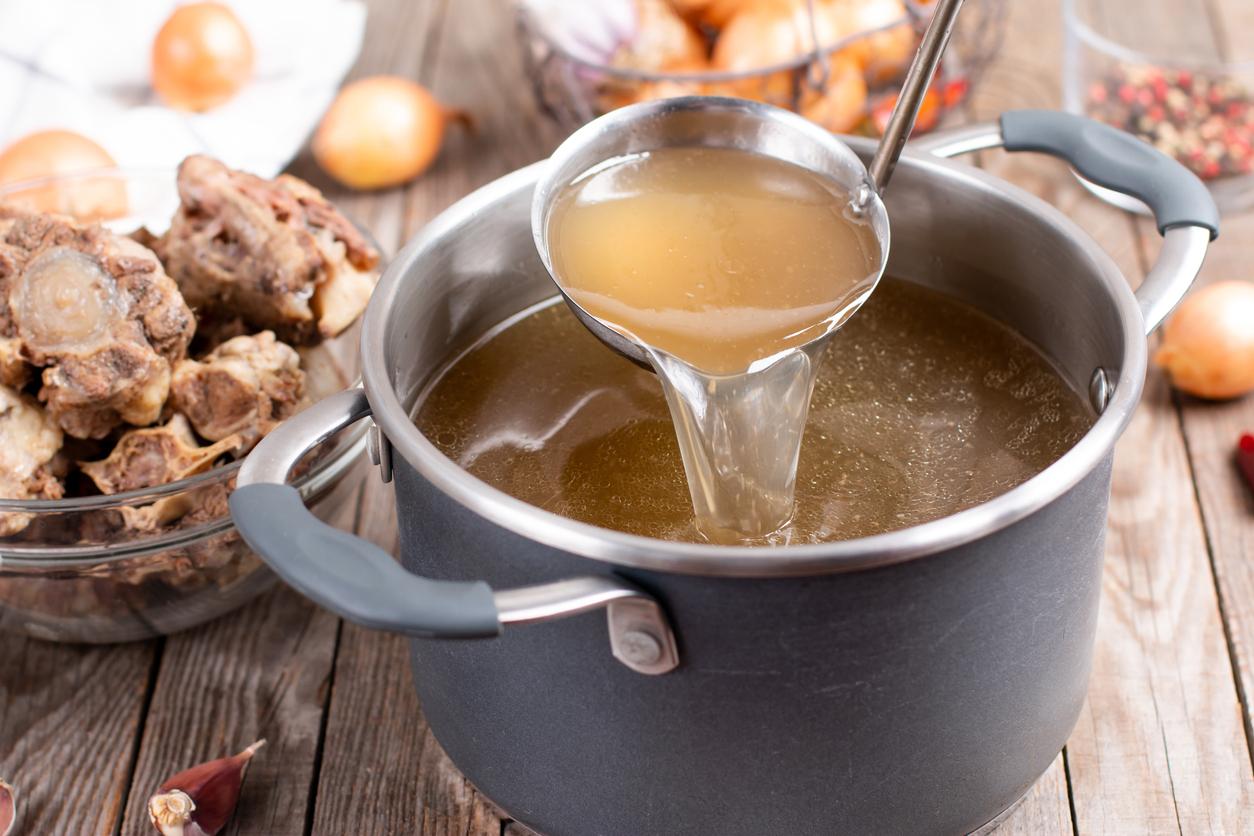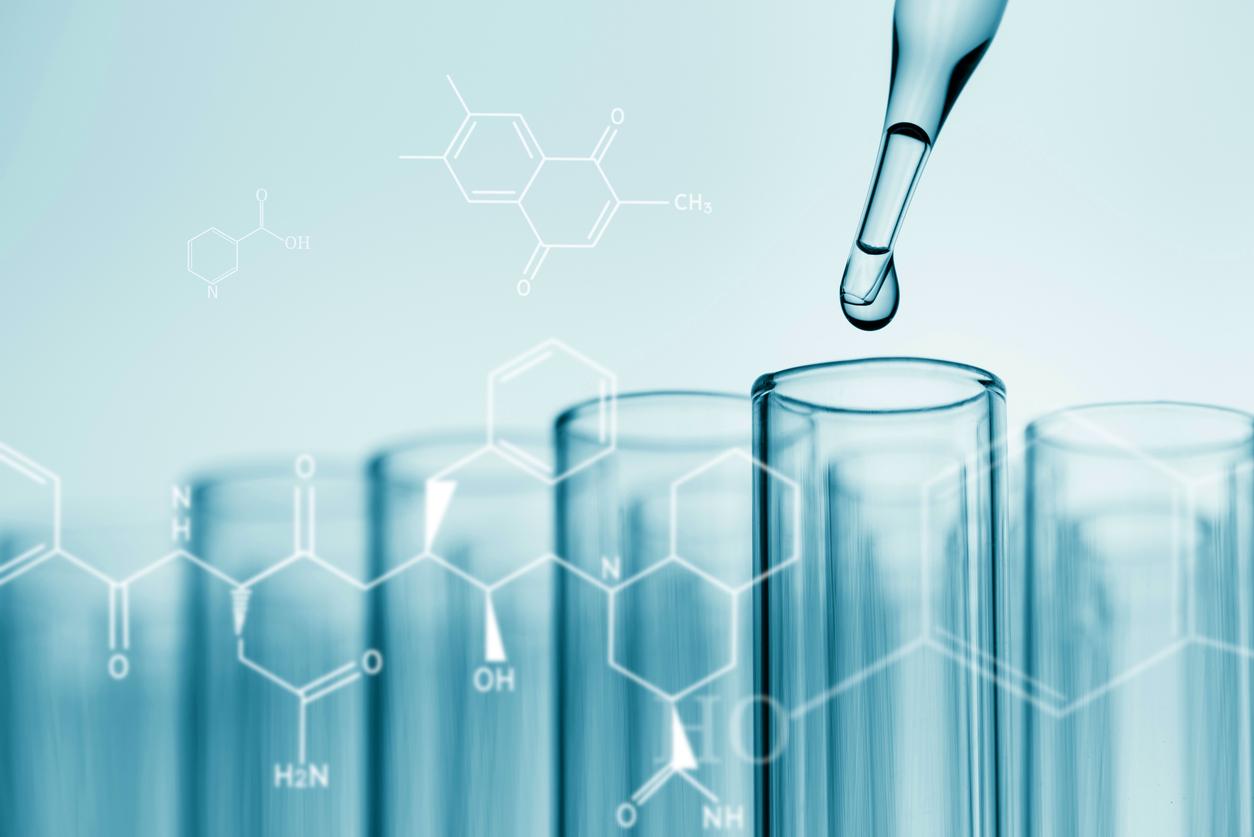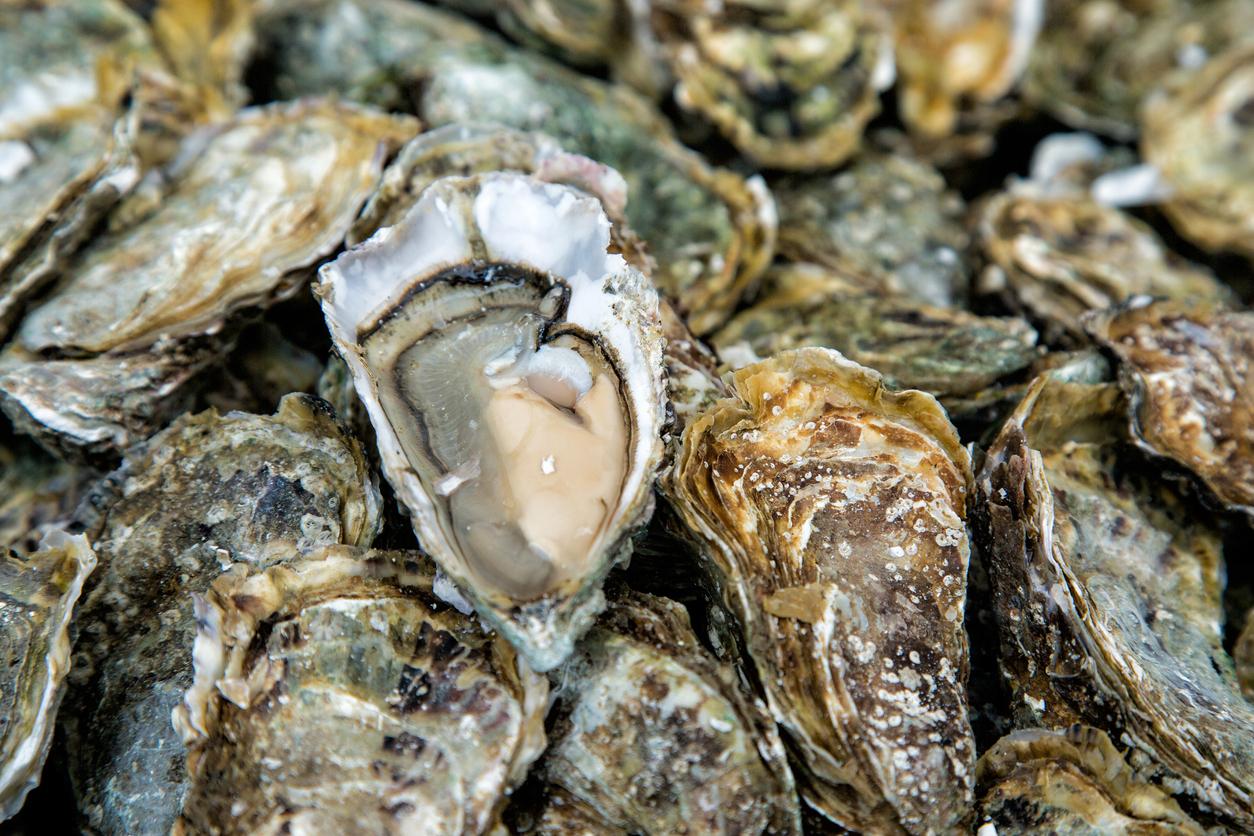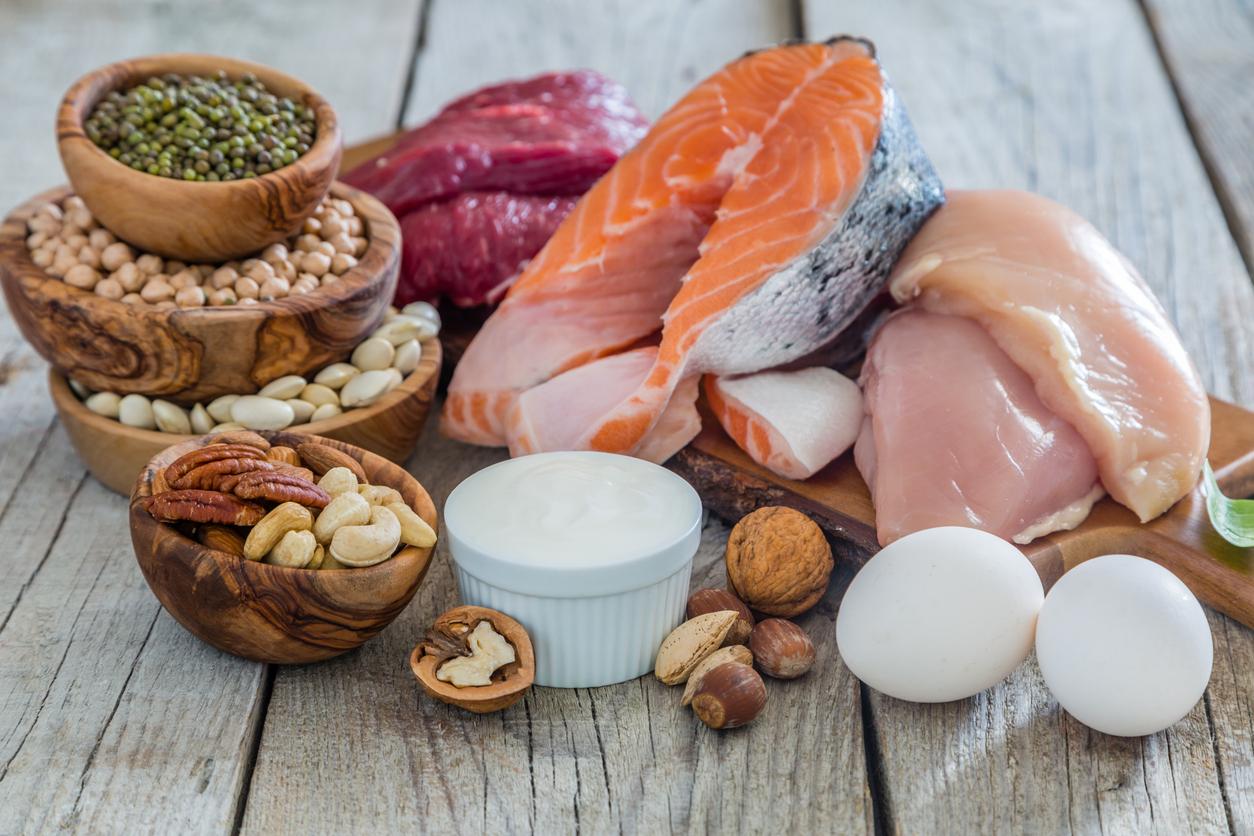To produce collagen, the body needs protein, vitamin C and minerals such as zinc or copper.

- Collagen is a protein naturally present in the body.
- It promotes elasticity and allows the regeneration of several tissues, notably the skin.
- A diet rich in protein, vitamin C and certain minerals can increase collagen production.
It is often associated with cosmetic surgery, and yet collagen has much more important functions. This protein naturally present in the body – skin, bone tissue, tendons, muscles, etc. – has an important role in the elasticity and regeneration of several tissues.
Foods rich in protein
“Besides aging, the main reason people don’t have enough collagen is poor diet, explains Dr. Elizabeth Bradley, medical director of Center for Functional Medicine of the Cleveland Clinic. Your body can’t make collagen if it doesn’t have the necessary elements.” In a article of the Cleveland ClinicDr. Elizabeth Bradley recommends consuming certain foods to increase collagen production.
The first is bone broth, made by cooking bones – beef or chicken for example – and vegetables in water. The virtues of this grandmother’s recipe are increasingly recognized, so much so that it there are several on the market, manufactured by the food industry. “I recommend purchasing only organic bone broth or cooking broth made only from organically raised animal bones, says Dr. Elizabeth Bradley. You don’t want pesticide residue, antibiotics, and other contaminants in your broth.“
Bone broths are high in protein, which the body needs to produce collagen. Therefore, it is recommended to regularly consume foods that contain it : meat, fish, eggs, milk, dairy products, oilseeds (peanuts, almonds, pistachios, etc.), legumes and derivatives (tofu, chickpeas, beans, etc.), cereals, etc.
Vitamin C and minerals to produce collagen
According to the National Agency for Health Safety, Food, Environment and Work (ANSES), vitamin C helps consolidate collagen fibers. It is therefore advisable to consume foods that are rich in it, such as:
- Citrus fruits (oranges, grapefruit)
- Red and green peppers
- Tomatoes
- Dark green leafy vegetables (broccoli, kale, Brussels sprouts)
Finally, foods rich in zinc and copper are also recommended to promote collagen production. These two minerals are present in the following foods:
- Meats
- Seafood
- Hazelnut
- Whole grains
- Beans
Collagen intake is therefore based on a healthy and balanced diet. “To ensure your body has enough ingredients to make collagen, you may need to change what you eat or take dietary supplements.“, emphasizes Dr. Elizabeth Bradley. But, as always, talk to your doctor or healthcare professional first.

















